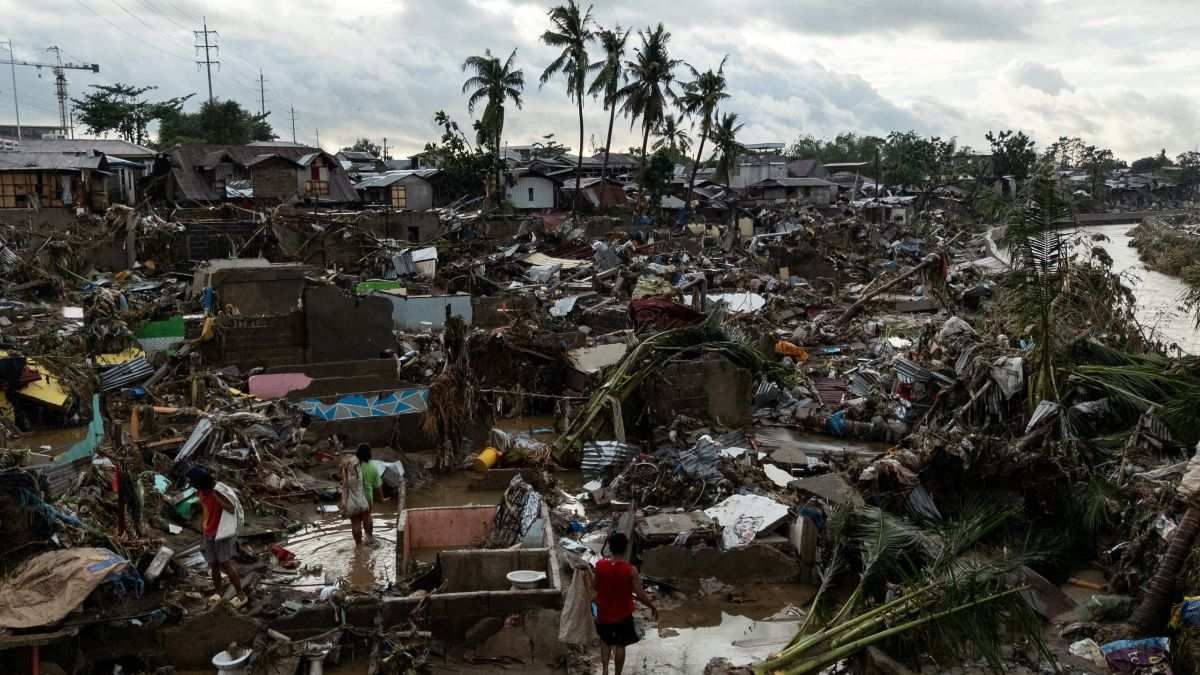20 million: A massive fire destroyed much of the 20 million piece collection of Brazil’s most historic museum on Sunday, in a disaster that many believe could have been prevented by adequate fire protection within the building. During its multi-year recession, Brazil has cut back on public spending, including on public works and buildings.
17,000: More than 17,000 civilians have been killed in Yemen since the civil war began there in 2015. Over the weekend, the US-backed Saudi coalition accepted responsibility for an airstrike last month that killed 40 children. The war has fomented one of the worst humanitarian disasters on the planet, with no end in sight.
12,450: Italy’s hardline Interior Minister Matteo Salvini has cracked down on accepting refugees arriving from Africa, but because the government’s hasn’t effectively repatriated many of those denied asylum or residency, there was a net annual increase of 12,450 migrants illegally in the country during the period from June to August, according to a new study cited by the daily La Repubblica. That only adds to the roughly half-million illegal immigrants he’s pledged to deport.
300: The US military has decided to formally cancel $300 million in suspended aid to Pakistan, citing Washington’s perception that the South Asian nation hasn’t done enough to combat extremism in the region. Pakistan, which has received more than $33 billion in US assistance since 2002, will be eager to discuss the matter with US Secretary of State Mike Pompeo when he arrives in Islamabadtomorrow.
6: The economy of Nicaragua is expected to shrink by nearly 6 percent next year, after growing around 5 percent last year. That 11-point swing can be attributed to a deepening political crisis surrounding President Daniel Ortega, whose brutal clampdown on opposition protesters has disrupted tourism, caused people to take their money abroad, and sent migrants spilling into neighboring countries.
